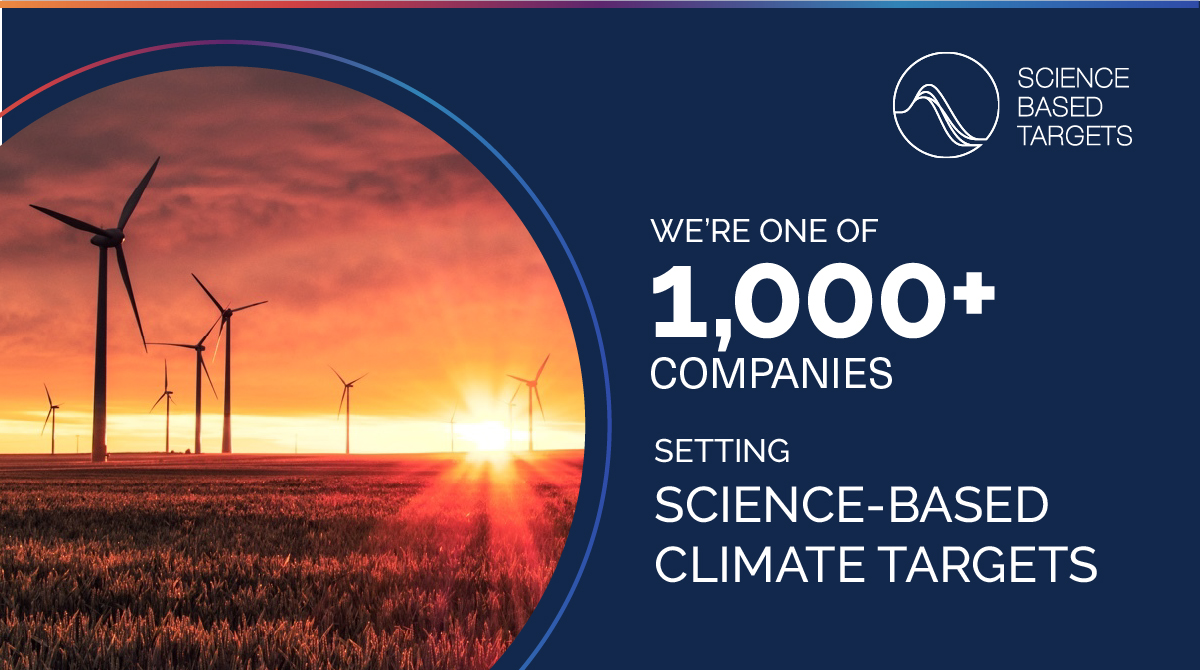At the end of 2019, Arkhangelsk PPM sent an official statement of intent to SBTi (Science Based Targets initiative) to set science based greenhouse gas emission reduction targets that meet the requirements of the Paris Climate Agreement as part of APPM’s corporate low-carbon development strategy for the period up to 2030.
These targets provide a reduction of direct (Scope 1) and energy indirect (Scope 2) greenhouse gas emissions by 55% by 2030 compared to the 1990 baseline, up to 1.4 million tons of CO2-eq. with the expected cooking of 1 million tons of pulp per year, a corresponding decrease in specific GHG emissions per unit of production, as well as a reduction of other indirect emissions (Scope 3) by 20%, up to 370 thousand tons of CO2-eq. per year, compared to 2015.
On October 8, SBTi officially posted a press release about the first 1 000 companies around the world taking decisive action to reduce the climate load based on scientific advice, although it was originally set to attract 250 companies by 2020.
Today, 1,000 companies, spanning 60 countries and nearly 50 sectors, and with a combined market capitalisation of over $15.4 trillion USD are working with the SBTi to reduce their emissions at the pace and scale necessary. Two companies represent Russia in this list of climate leaders; one is Arkhangelsk PPM (https://bit.ly/3dgyppx), which is the only representative of the Russian timber industry.
“These corporate leaders are proving that ambitious science-based climate action goes hand-in-hand with business success,” says a posting on the SBTi website. “And as they double down on their commitments, CEOs are calling for governments to match their climate ambition and build back better from COVID-19.”
According to the SBTi Steering Committee, the global transition to a low-carbon economy is not just in full swing, but accelerating, creating new incentives for business and simultaneously increasing pressure on it. “The companies that have submitted a statement of intent to set science-based targets have only one year to formulate these targets and go through the procedure of their validation (independent verification of compliance with SBTi criteria), approval and official publication on the SBTi website”.
As the initiative group underlines, the reality of the global pandemic has heightened the need to ensure the stability of business and supply chains in the face of crises. Under the conditions of dangerous climate change threatening the economy and society, business, as usual, is restructuring to adapt to new challenges, and climate action plays a critical role in this restructuring.
The Science Based Targets initiative Steering Committee: Alberto Carrillo Pineda (CDP), Heidi Huusko (UNGC), Cynthia Cummis (WRI), Alexander Farsan (WWF).




